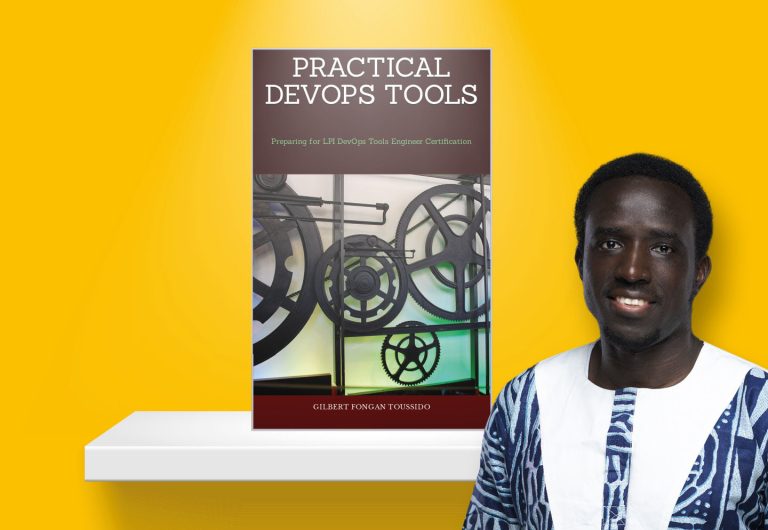Boost Your IT Career by Learning DevOps with LPI

DevOps combines development (dev) and operations (ops) to increase the efficiency, speed, and security of software development and delivery compared to traditional processes.
DevOps is a software engineering methodology that aims to integrate the work of software development and software operations teams by facilitating a culture of collaboration and shared responsibility.
With the evolution of technology and the growing need for automation in the IT industry, LPI (Linux Professional Institute) released its DevOps Tools Engineer certification program to match the needs of the market through tailored learning paths for qualified professionals. DevOps can also be defined as a way of thinking–a philosophy and an organizational culture. Developers, designers, and system administrators/integrators all need to unite forces through the DevOps methodology for a transition to a more automated and even better, more autonomous delivery of IT products.
The application of DevOps from a technical point of view requires the mastery and use of various DevOps tools. This is why this certification program explores the concepts of:
- Source code management using Git
- Continuous integration and continuous delivery (CI/CD) processes using Jenkins
- Machine deployment through Vagrant
- Containerisation and container orchestration technologies such as Docker with its related technologies (Dockerfile, Docker Compose, Docker Swarm, Docker Stack) and Kubernetes
- Building images with Packer
- Host configuration management with Ansible, Chef and Puppet
- Infrastructure monitoring using Prometheus and Grafana to collect metrics and visualize the result graphically
- Log management and analysis using Elasticsearch, Logstash and Kibana
However, these tools cannot be mastered without a sufficient basis in Linux practices. This is why it is recommended to have that base in Linux to facilitate your understanding and mastery of DevOps tools at the end of the certification program.
Today, recruitment for DevOps positions is increasing, showing the growing need for automation and the cohesion of “Dev” and “Ops” teams in our IT industry. It is clear that having a certification nowadays is an added advantage in finding and getting a job, especially in the DevOps trend.
This is why I have made my book available to the community (available for free download at the LPI Learning Materials site and for purchase as an ebook) to build and initialize the basic DevOps concepts through practical examples that cover the whole program stated earlier. This book will help you in your certification journey.
My book can also help trainers deliver training courses and help enthusiasts and beginners get certified through the two essential elements: detailed course material with some practices (available for free), and another document containing all the practical use cases on the open source DevOps tools. The latter, with the source code, is available for purchase. I maintain my tools in a Gitlab/Github repository to ensure regular updates.
The content of this course package implies regular updates to the code used for the practical, real-world use case implementation. Suggestions and updates to the content are welcome.
